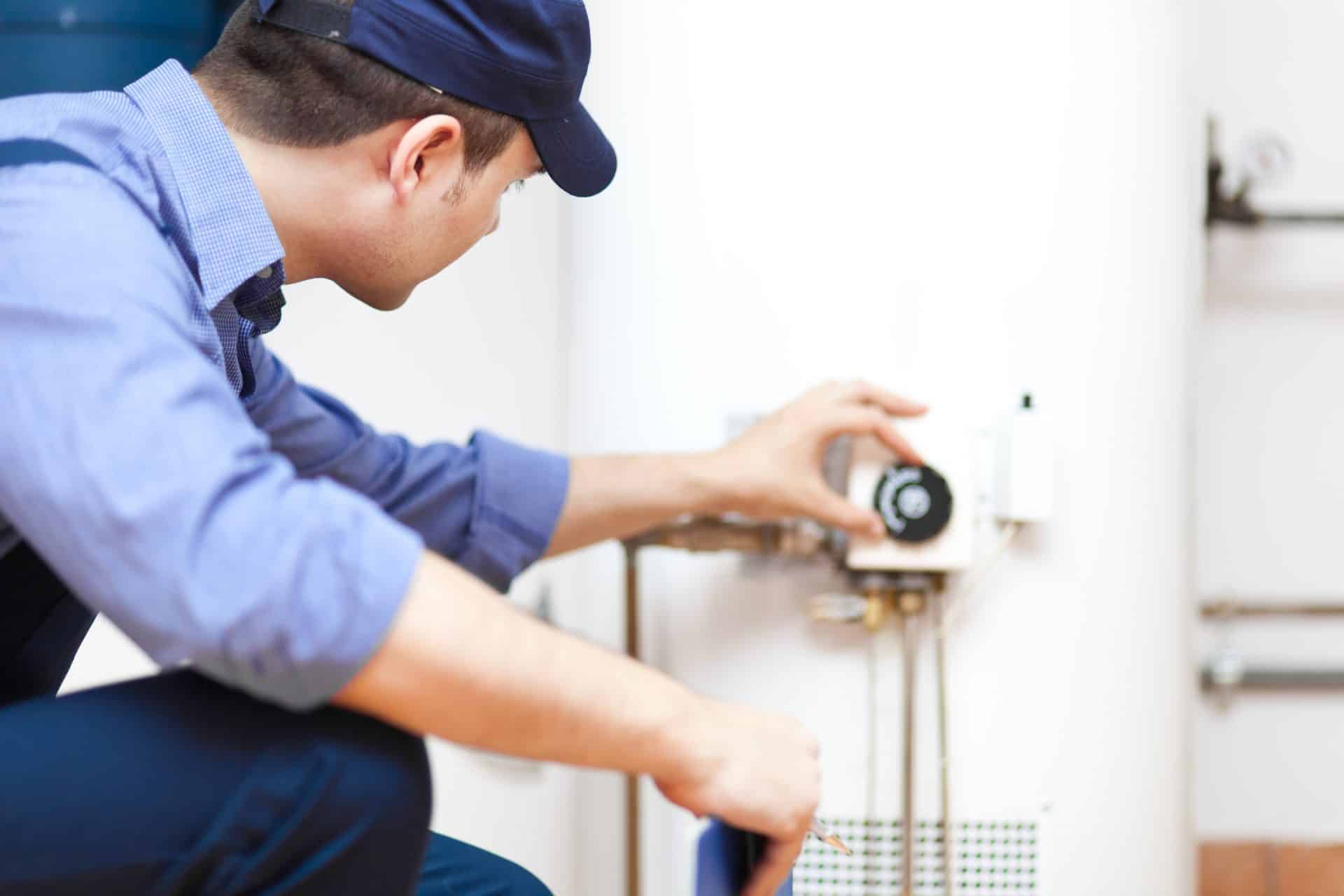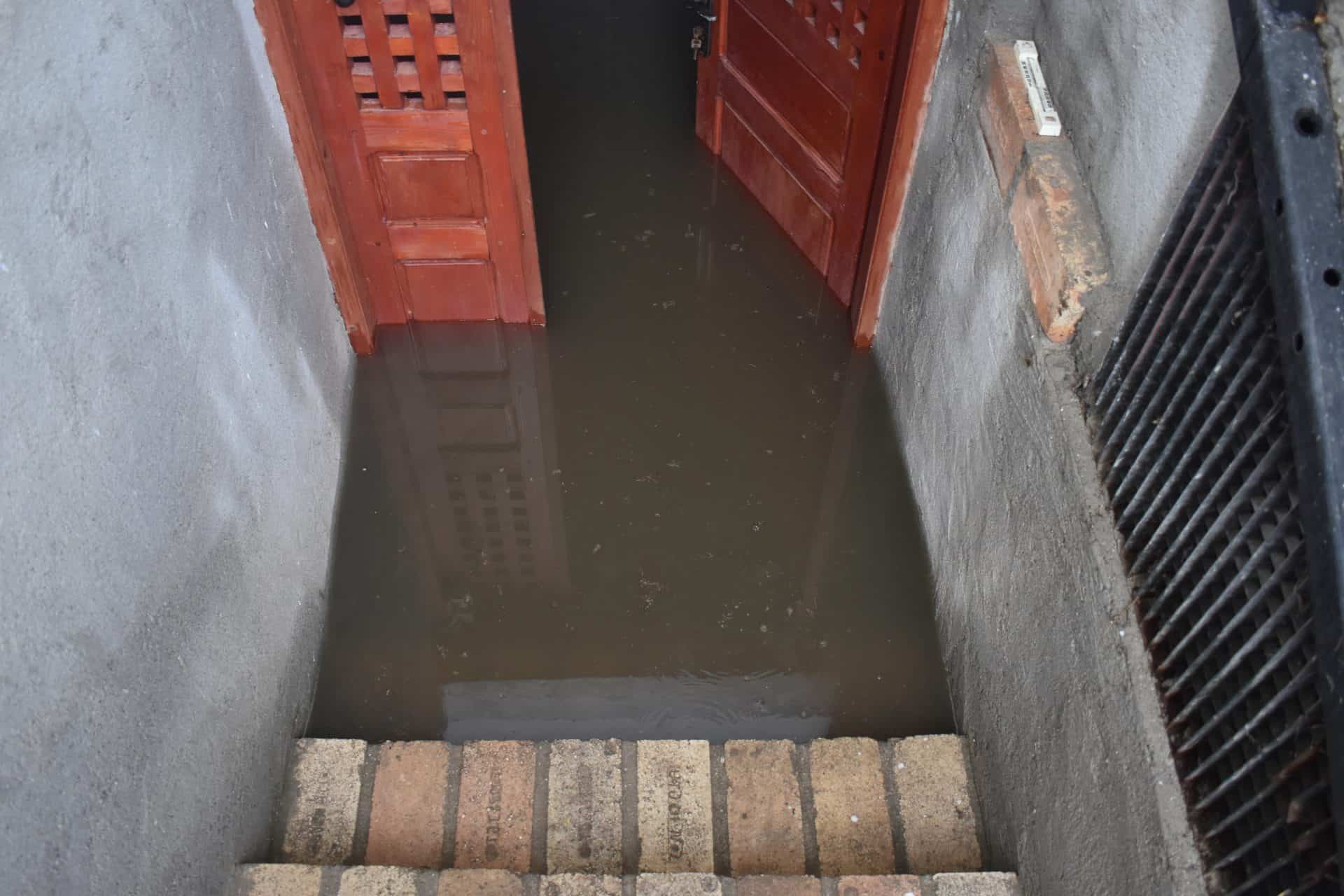
A ruptured water heater can pour out gallons of water in minutes. At that rate, a trickle soon turns into a flooded basement. And while you’d think your insurance would cover damage from your water heater, the answer isn’t always that simple.
The reason behind the flooding plays a major role in whether you’re insured for flood damage to your home. Let’s take a look at the causes of water heater floods and how that impacts your coverage.
Water heaters don't last forever, unfortunately. In fact, they should typically be replaced every 7-12 years. The period of time varies based on:
Water heaters can leak or explode when they fail. This is usually the result of poor maintenance.
Flooding follows when the leaks you’re ignoring become stronger and steadier over time.
Thermostat errors can also cause hot water units to build up pressure and burst. Once this happens, the water will flow out until the water supply is cut off.
Water heaters automatically refill. That means it will leak continuously until you turn off your water or repair your water heater.
Check out this blog post by TD with tips on what to do if your house has already flooded.

The most common risks associated with a hot water heater that has flooded your home are:
That’s right. Your insurer may only cover you for flood damage caused by a malfunctioning water heater in certain circumstances.
We can’t tell you what your insurer covers you for. That’s between you, them, and your coverage policy.
What we can tell you is that the number of Canadian insurance claims relating to water damage has been on the rise over the last decade. Water damage is now the leading cause of insurance claims in Canada.
And estimates suggest about 60% of those claims relate to damage caused by plumbing and appliances.
Flood damage caused by water heaters that are 10 years or older may not be covered by your insurance policy. This is because the failure of an old water heater is considered an avoidable incident that’s the fault of the homeowner, not an accident.
Homeowners must maintain their property properly under most insurance policies. This includes maintaining the hot water heater.
The takeaway: if your water heater is getting on in years, be sure to check your insurance policy to confirm your coverage. It’s best if you document their response in writing or find the exact clause in your policy document.
Again, this is going to depend on your policy.
Some insurance policies exclude water damage altogether. In that case, your water heater might be repaired under warranty. But you would need to pay for any damage to your property out of your pocket.
For other policies, the damage could still be deemed avoidable if it relates to a maintenance issue.
Telltale signs it's time to replace your unit include: